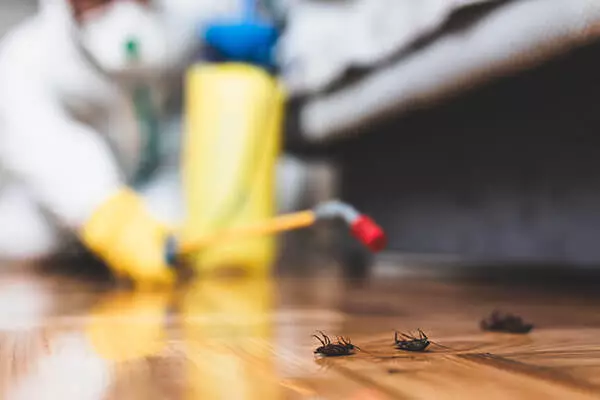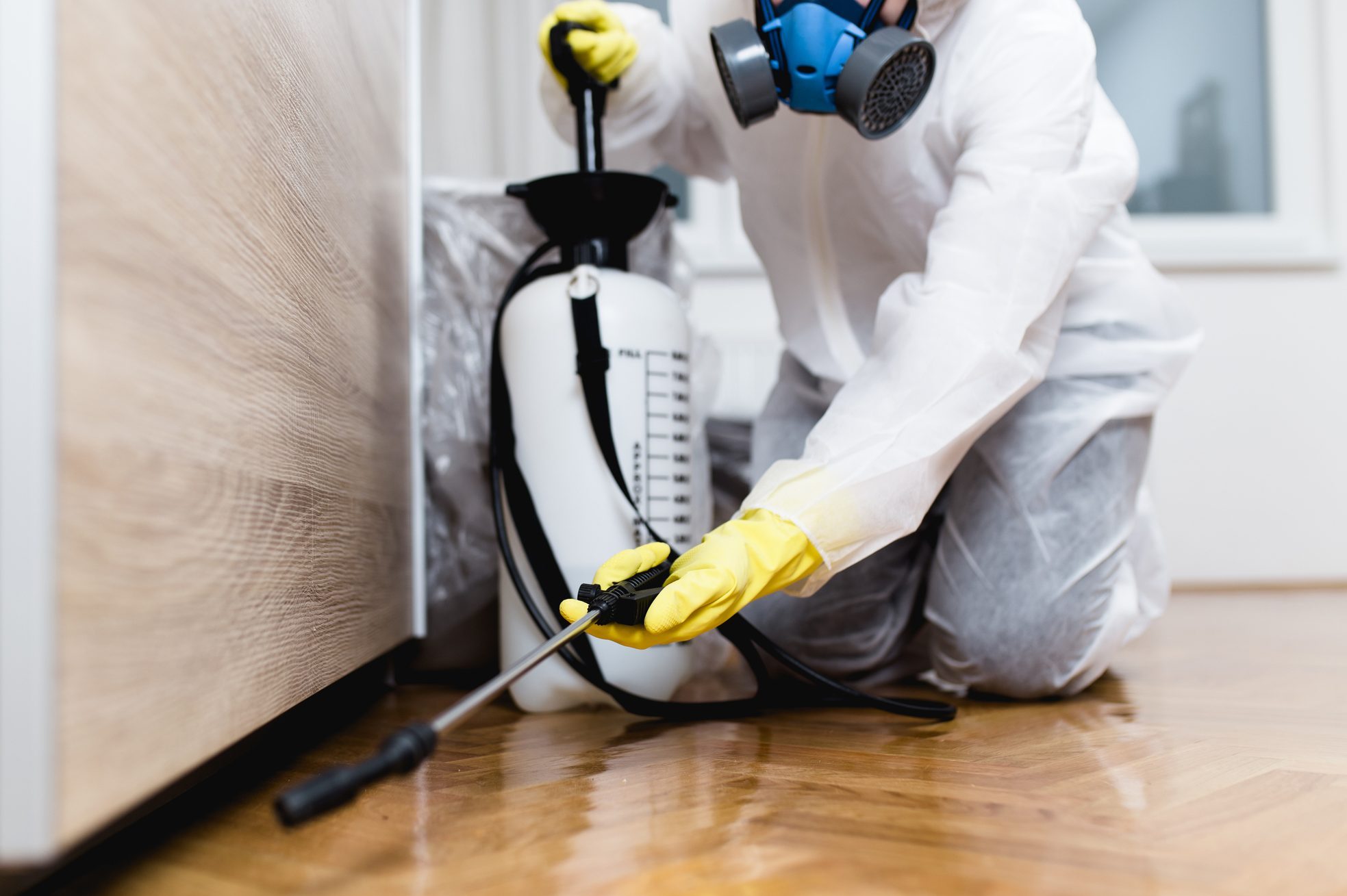Exploring Various Bug Control Techniques to Attain Long-Term Success in Taking Care Of and Protecting Against Invasions in House
Effective pest control in houses necessitates a complex strategy that stabilizes instant results with long-term sustainability. By analyzing an array of methodologiesâEUR" including green remedies, chemical choices, and Integrated Insect Administration (IPM) âEUR" homeowners can establish methods that not only attend to current problems however additionally avoid future events. This exploration exposes the potential of innovative methods and emerging modern technologies that may redefine traditional parasite administration. What might these improvements involve, and just how can they transform our understanding of pest control?
Understanding Parasite Control Approaches
Although insects have actually existed alongside people for centuries, the techniques utilized to control them have actually developed dramatically in time. Recognizing these techniques is essential for properly managing and protecting against problems in suburbs. Insect control strategies can be broadly categorized right into 3 primary techniques: social, mechanical, and chemical.
Social techniques concentrate on modifying the setting to reduce insect tourist attraction and reproduction. This consists of proper sanitation, crop rotation, and habitat modification, which can dramatically lower pest populations. Mechanical control includes physical obstacles and catches to manage insects straight, such as displays, vacuum cleaners, and sticky catches. This approach is frequently favored for its safe nature and prompt results.
Chemical control continues to be one of the most extensively used approaches, including the application of pesticides to remove pests. Integrated Bug Management (IPM) incorporates these approaches to create an alternative method, advertising long-term insect avoidance and minimal damage to helpful microorganisms.
Eco-Friendly Insect Control Solutions
Just how can house owners properly manage parasite problems while minimizing their ecological effect? Environment-friendly bug control remedies provide a sustainable choice to standard techniques, prioritizing the health and wellness of both locals and the surrounding ecosystem. These services often use all-natural components and strategies that interrupt insect behavior without introducing unsafe chemicals into the setting.
One reliable method is the use of valuable bugs, such as ladybugs and lacewings, which victimize usual parasites like aphids and mites. Furthermore, diatomaceous earth, a natural powder made from fossilized algae, can be sprinkled in locations where parasites prevail, working as a desiccant that damages insects while remaining risk-free for human beings and pets.
Moreover, executing safety nets is crucial. roach control near me. Property owners can guarantee correct hygiene by sealing entry points, preserving tidy living areas, and managing waste efficiently. Planting pest-repellent natural herbs, such as mint and basil, can also prevent unwanted visitors
Ultimately, eco-friendly bug control services equip property owners to attend to invasions properly, promoting a safer living setting while promoting ecological balance. By welcoming these techniques, individuals can contribute to a much healthier earth while successfully handling pest-related issues.
Chemical Pest Control Options
While environmentally friendly options are progressively popular, there are scenarios where chemical bug control options might be required for effective monitoring of serious infestations. Chemical controls, consisting of insecticides, fungicides, and herbicides, are typically utilized to swiftly decrease parasite populaces and minimize damages to homes and gardens.
These products can be categorized right into 2 main classifications: artificial chemicals and all-natural pesticides. Synthetic chemicals, such as pyrethroids and neonicotinoids, are crafted to target specific bugs, giving quick knockdown results. Conversely, all-natural chemicals, originated from plant or mineral resources, might offer a much more eco-friendly choice while still delivering effective results.
Prior to utilizing chemical bug control, it is vital to conduct a detailed assessment of the infestation and identify the details insect included. This makes sure that the picked see this chemical is both reliable and appropriate. Furthermore, home owners must adhere to safety guidelines, including correct application techniques and individual safety tools, to lessen wellness risks and environmental impact.
Integrated Pest Monitoring Techniques

Biological control includes using all-natural killers or parasites to take care of insect populaces. Introducing ladybugs can help control aphid problems. Cultural techniques, such as crop turning, sanitation, and habitat modification, purpose to make environments much less for pest survival and recreation. Physical controls, like traps or obstacles, can avoid pests from going into homes or destructive crops.
Tracking and evaluation are essential components of IPM, permitting prompt treatments based upon pest populace thresholds. By prioritizing safety nets and using a combination of methods, IPM not just addresses present infestations but likewise promotes long-lasting parasite monitoring remedies that shield both human health and the environment. This detailed approach is necessary for lasting pest control in suburbs.
Arising Technologies in Bug Control
The development of emerging technologies in pest control is transforming the method we manage pest populations, using ingenious options that improve effectiveness and efficiency. Advancements in accuracy farming, as an example, make use of information analytics and sensing unit innovations to check pest task and ecological problems, enabling targeted interventions that minimize chemical use.
Furthermore, drones geared up with imaging modern technology are being employed to check large areas for infestations, giving real-time information that aids in prompt decision-making. Furthermore, biotechnology is playing a crucial function, with the development of genetically changed microorganisms (GMOs) designed to decrease bug populations while preserving beneficial varieties.

Last but not least, smart traps and monitoring devices furnished with IoT capacities enable house owners and parasite control professionals to receive immediate alerts check that about insect activity, assisting in punctual activity. Collectively, these arising technologies not only boost pest management outcomes but also add to environmental sustainability by lowering reliance on traditional chemical treatments.

Verdict
In final thought, reliable bug control requires a complex approach that incorporates social, mechanical, and chemical techniques. The assimilation of these methods is essential for achieving long-lasting success in parasite management.